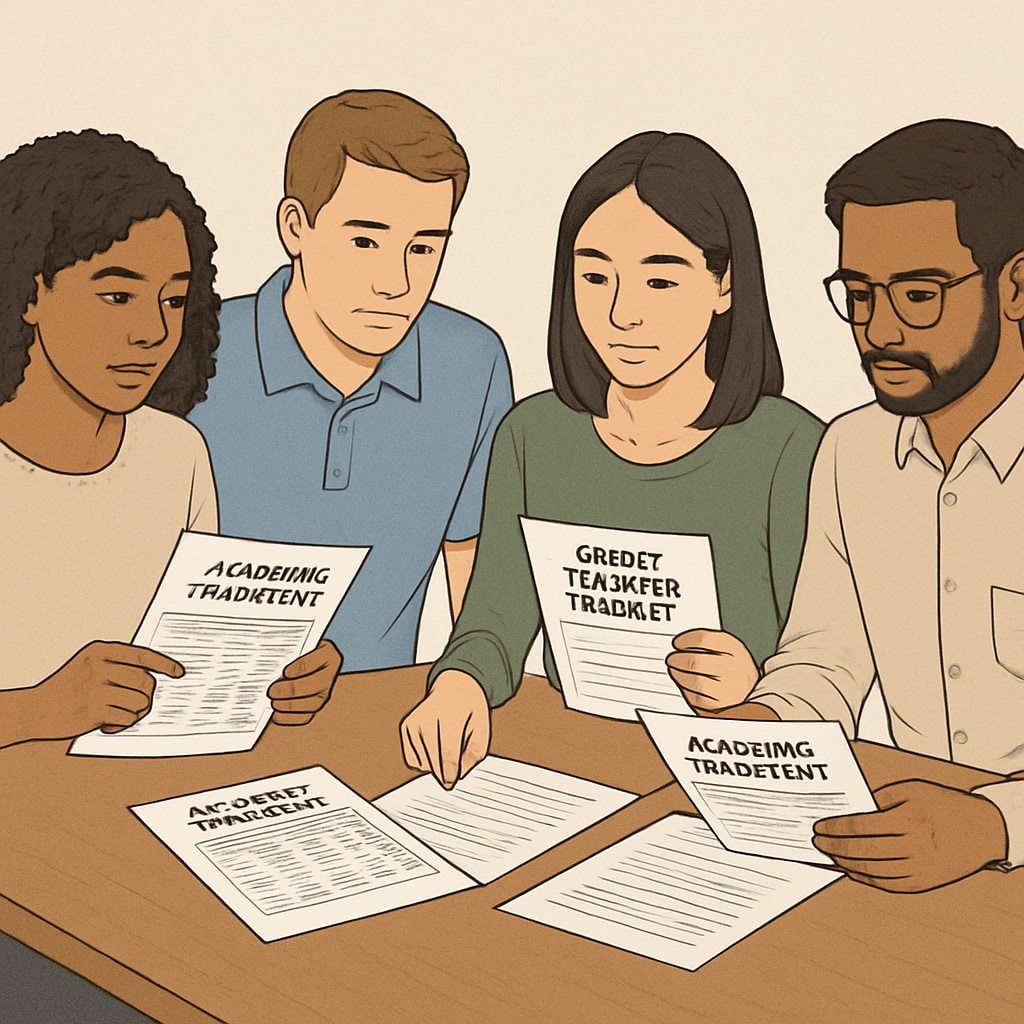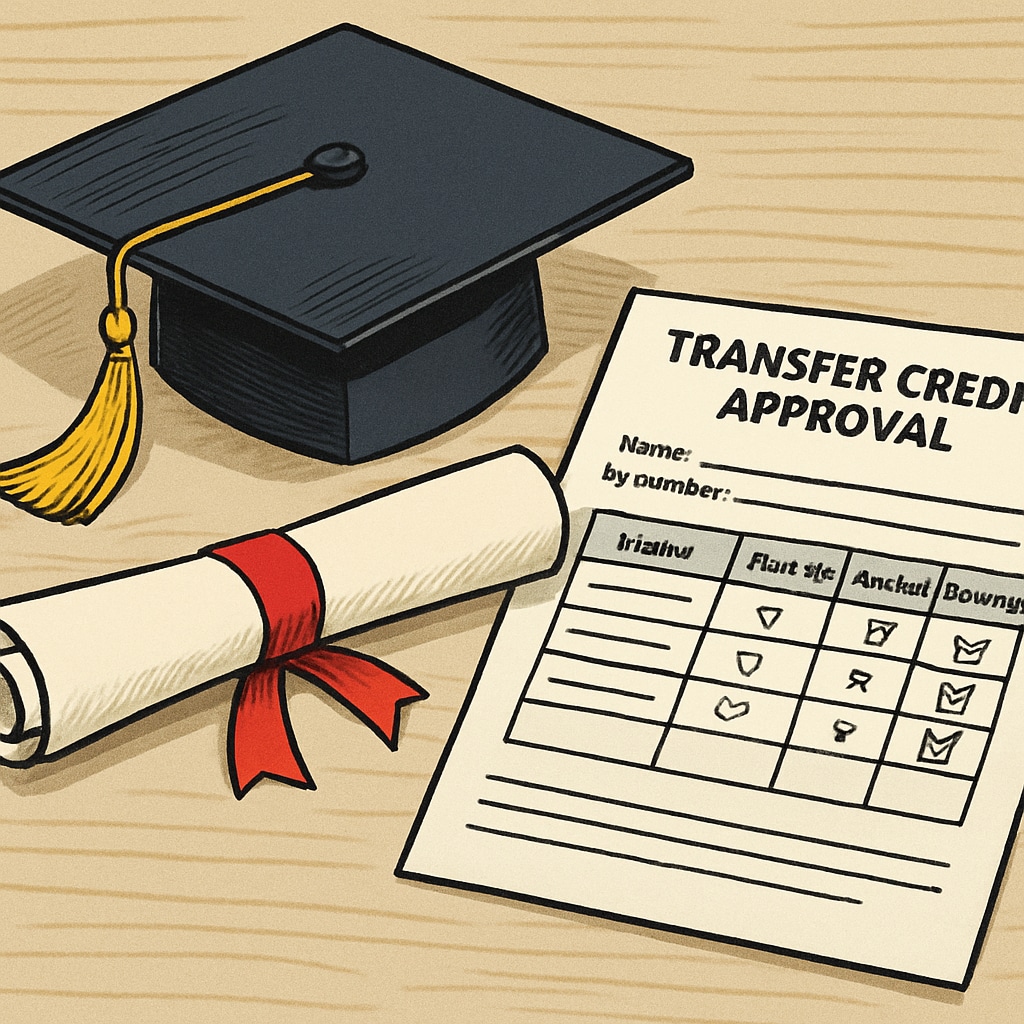For many students pursuing higher education, challenges like university credits not transferring, degree completion delays due to failed courses, or financial obstacles creating registration holds can derail academic progress. However, strategic credit transfer systems offer viable pathways to graduation. According to the American Council on Education, properly managed credit transfers help 78% of students overcome academic setbacks.
Understanding Credit Transfer Fundamentals
Credit transfer refers to the process where academic credits earned at one institution are recognized by another. This system enables students to:
- Replace failed courses with equivalent credits from other institutions
- Continue education despite financial holds at their home university
- Accelerate degree completion through summer/winter courses

Practical Steps for Successful Credit Conversion
The National Center for Education Statistics recommends this 5-step process:
- Obtain official course descriptions and syllabi
- Request credit evaluation from the target institution
- Verify regional accreditation compatibility
- Submit official transcripts with passing grades (typically C or better)
- Follow up with academic advisors for degree audit updates
For students with financial holds, many community colleges offer affordable courses that transfer to four-year institutions. As a result, learners can maintain academic momentum while resolving payment issues at their primary university.
Real-World Success Stories
Case studies demonstrate the effectiveness of this approach:
- A biology major replaced two failed upper-division courses through summer sessions at a local college, saving $3,200 in tuition
- An engineering student resolved a $1,500 account hold by taking general education requirements elsewhere while arranging payment plans
- A transfer student applied 18 previously earned credits toward a new major, graduating one semester early

Pro Tip: Always consult with academic advisors before enrolling in external courses. Institutions often have specific articulation agreements with partner schools that maximize credit acceptance.
While challenges like university credits not transferring perfectly or degree completion delays due to financial obstacles can seem overwhelming, systematic credit conversion strategies provide measurable solutions. By understanding institutional policies and maintaining proactive communication with administrators, students can navigate these academic hurdles successfully.


